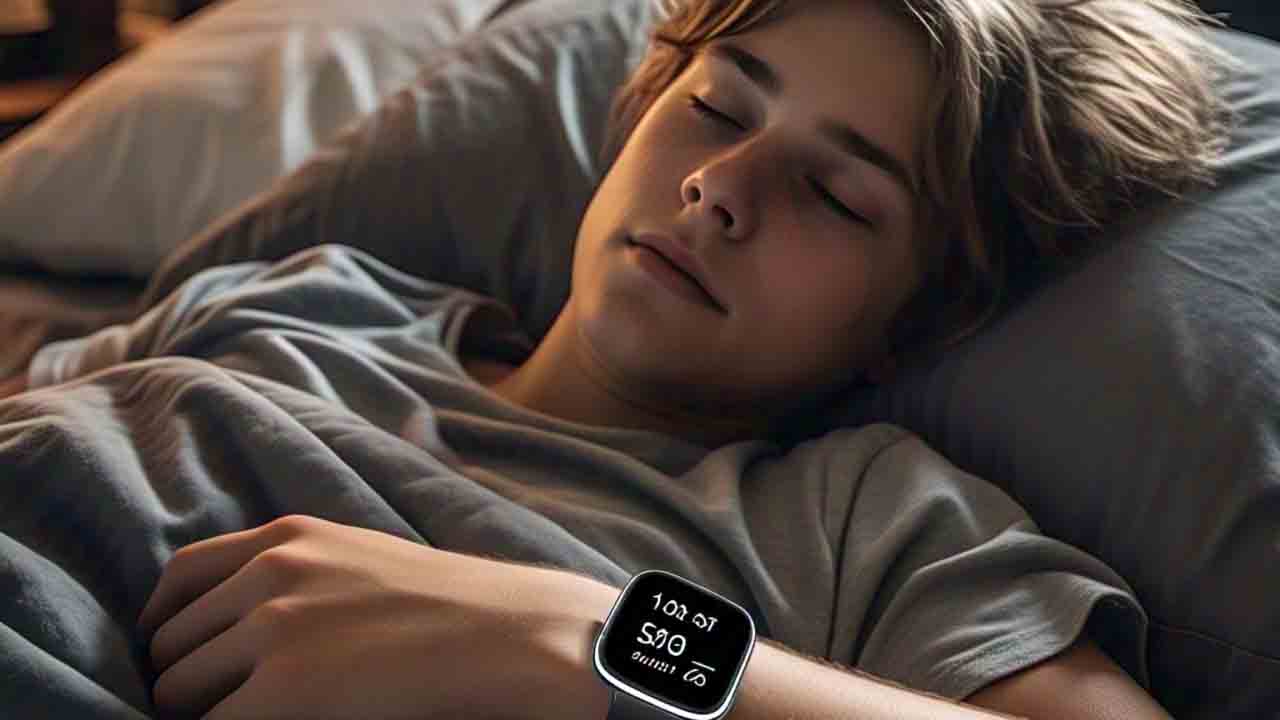
Elmsleep – Sleep quality monitoring has become increasingly popular as technology continues to revolutionize how we track and improve our sleep. With more individuals seeking better sleep, various devices such as sleep trackers and smartphone apps are now commonly used to monitor and enhance sleep quality. These tools provide valuable insights into sleep patterns, enabling users to make informed decisions that can significantly improve their rest and overall health.
Sleep quality monitoring has become more accessible thanks to the growing popularity of sleep trackers and mobile apps. Devices like fitness trackers and smartwatches, along with specialized sleep monitors, are now designed to track essential sleep metrics such as sleep duration, deep sleep, and disturbances during the night. Many of these devices sync with apps, offering real-time data and trends. These apps provide a detailed view of sleep quality, allowing users to identify patterns and potential areas of improvement.
By analyzing the data gathered, users can adjust their habits and routines to foster better sleep. This might involve fine-tuning bedtime schedules, changing the sleep environment, or incorporating relaxation techniques to ease into sleep more naturally.
“Design That Feels: The Rise of Emotional UX”
The most significant benefit of sleep quality monitoring is the ability to pinpoint sleep patterns that may require attention. With consistent tracking, individuals can identify issues like frequent wake-ups or insufficient deep sleep, and take steps to address these concerns. Devices often provide personalized recommendations based on collected data, such as improving bedroom conditions, reducing screen time, or adjusting meal timing.
By following these tips, users can make meaningful changes that enhance sleep quality and, as a result, boost energy levels, mood, and cognitive function throughout the day.
As technology continues to advance, the future of sleep quality monitoring is promising. The integration of artificial intelligence and machine learning will likely provide even more personalized recommendations based on deeper insights into individual sleep patterns. Some innovations already include smart alarms that wake users at the optimal point in their sleep cycle, ensuring they wake up feeling refreshed.
Overall, sleep quality monitoring through technology has transformed how we approach rest. With the help of these tools, users can take control of their sleep habits, leading to healthier, more productive lives.
“Power and Precision: Explore Bosch’s Popular Cordless Drills”